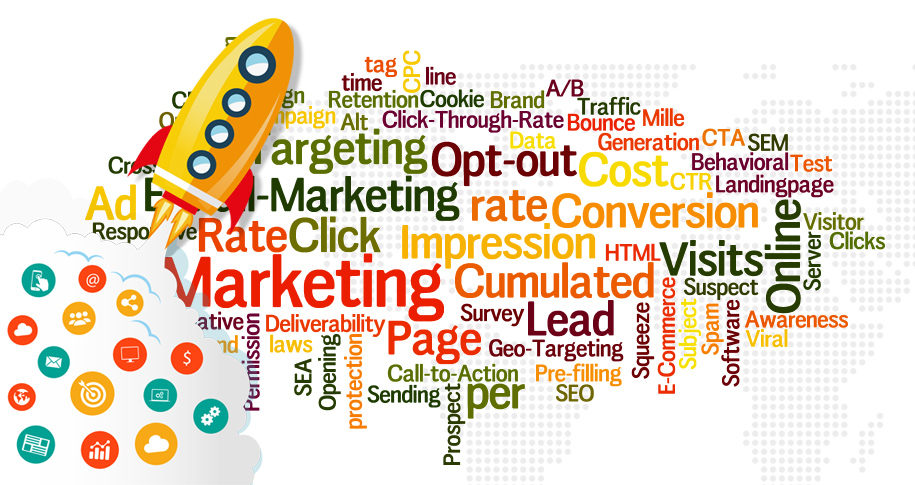What Is Growth Hacking?
Growth hacking is a marketing technique focused on achieving rapid and sustainable business growth using minimal resources. It often involves creative, low-cost strategies and unconventional approaches to growth, with an emphasis on experimentation and data-driven decision-making. Growth hackers leverage a combination of marketing, product development, and engineering to achieve results quickly. Unlike traditional marketing, which focuses on long-term campaigns and branding, growth hacking is all about finding scalable and efficient ways to accelerate growth.
Why Growth Hacking Is Important
- Rapid Growth
Growth hacking is designed for businesses that need to scale quickly, often in a competitive or resource-constrained environment. It focuses on achieving fast results with minimal budget, making it especially popular among startups and small businesses. - Cost-Effective Marketing
Growth hackers focus on low-cost, high-impact strategies that can generate maximum results without the need for large advertising budgets. This is essential for businesses with limited financial resources. - Experimentation and Innovation
Growth hacking thrives on experimentation. Marketers continuously test new ideas and strategies, learning from the data to refine tactics and drive growth. This innovation helps businesses stay ahead of the curve. - Leveraging Technology and Automation
Growth hackers often use technology and automation to streamline processes and reach a larger audience at a lower cost. Tools like email marketing platforms, social media schedulers, and analytics software are commonly used to optimize growth efforts. - Data-Driven Decision Making
Growth hacking emphasizes the importance of data. Marketers rely on analytics to identify what’s working and what’s not, allowing them to optimize their strategies and achieve better results.
Key Strategies in Growth Hacking
- Viral Marketing
Growth hackers often employ viral marketing techniques to encourage users to share content, products, or services. By creating engaging and shareable content, they can rapidly spread brand awareness and attract new customers. - Referral Programs
Referral programs are a common growth hacking tactic, incentivizing existing customers to refer new customers. By offering rewards or discounts for referrals, businesses can tap into their current customer base to expand their reach. - Product Tweaks for Virality
Some growth hackers make modifications to the product itself to encourage virality. For example, they might add sharing features or create an incentivized system where users get more value from the product by sharing it with others. - A/B Testing
A/B testing is a core component of growth hacking. Marketers test different versions of ads, landing pages, or content to see which performs better. This data-driven approach allows businesses to optimize their marketing campaigns for maximum effectiveness. - Leveraging User-Generated Content
Growth hackers encourage customers to create content related to the brand, such as reviews, social media posts, or videos. User-generated content helps build trust and authenticity while expanding brand visibility.
Challenges of Growth Hacking
- Sustainability
While growth hacking can produce rapid results, the challenge is ensuring that the growth is sustainable. Once a growth hack has been exploited, it may no longer be effective, and marketers must find new ways to keep growing. - Over-Reliance on Quick Fixes
Growth hacking often focuses on short-term gains, which can sometimes lead to neglecting long-term brand building and customer relationships. This can result in a lack of customer loyalty and a higher churn rate. - Quality vs. Quantity
Growth hacking may lead to a focus on acquiring a large number of users quickly, but not all users may be engaged or retain long-term value. Balancing user acquisition with quality engagement is key to long-term success.
Conclusion
Growth hacking is a creative, data-driven approach to accelerating business growth, particularly for startups and small businesses. By leveraging cost-effective strategies, experimentation, and technology, growth hackers can achieve rapid results. However, businesses must be mindful of sustainability and long-term growth as they scale. Growth hacking is an excellent strategy for businesses looking to innovate and grow quickly, but it must be balanced with a focus on customer retention and brand loyalty.
